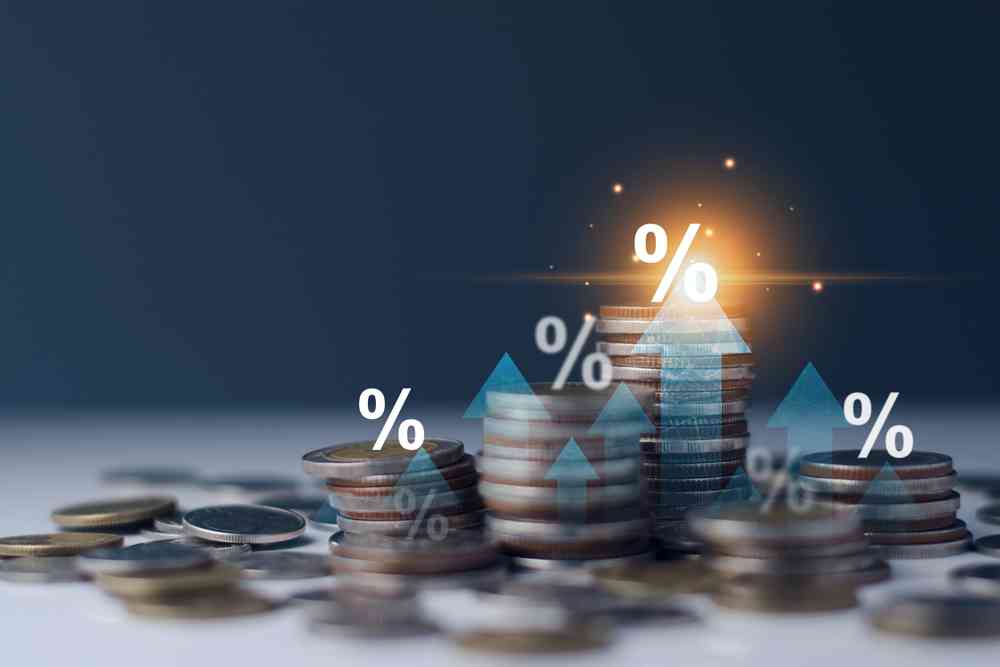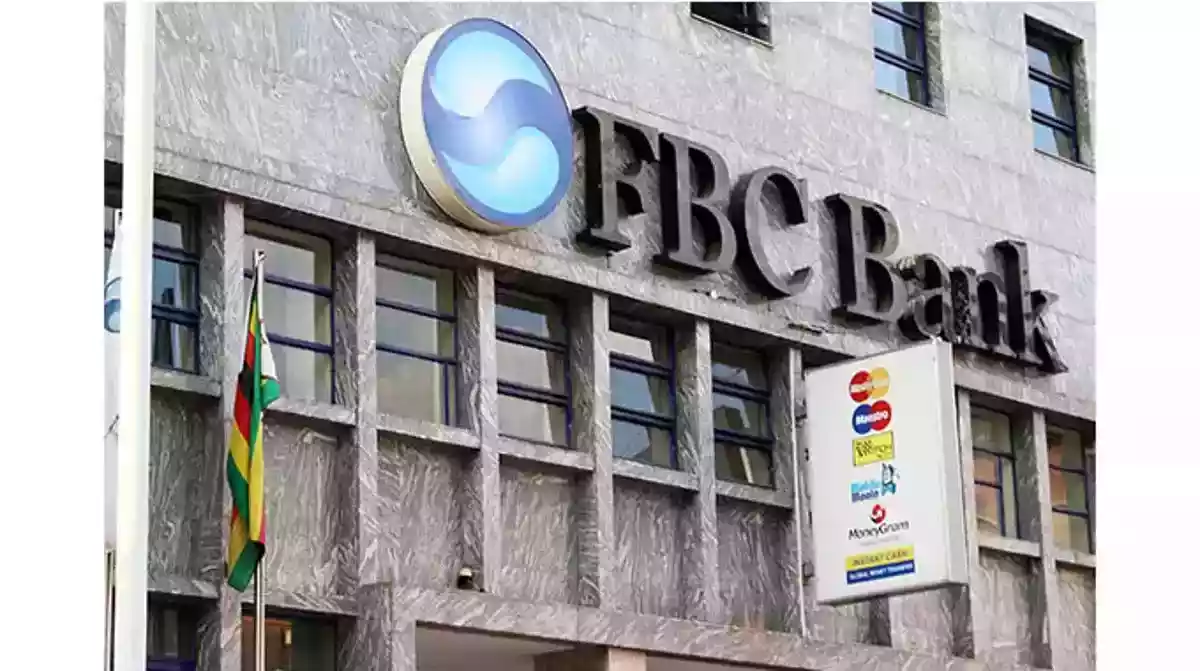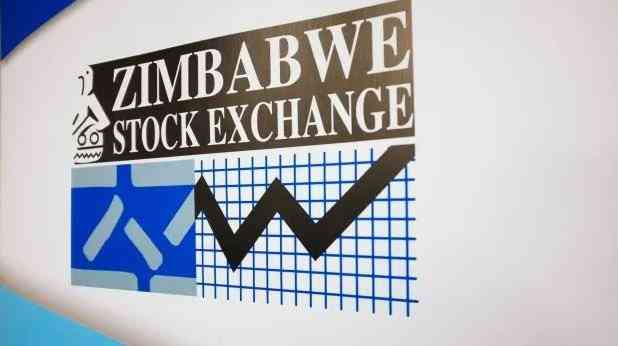
OUR previous articles explored the challenge of climate change and how we contribute to it as human beings.
However, this article explores how climate change has created business opportunities, especially in the green economy.
With the dual challenges of climate change and ongoing unemployment in Zimbabwe, it is essential to highlight the opportunities in the sector to minimise impacts and capitalise on the situation.
The climate crisis has created opportunities in the energy industry, especially solar energy. Communities and countries can undertake large-scale projects such as establishing and developing solar farms for energy generation, creating clean energy, job opportunities, and economic growth. People can also start their own solar energy distribution and installation business at the individual level.
To ensure this sector grows, investors in solar energy can benefit from incentives like duty-free products such as solar panels. Moreover, there is potential for establishing manufacturing plants for solar equipment, which can further contribute to job creation and economic development.
Investing in environmental preservation through the adoption of clean energy is crucial. For instance, modern renewable tobacco curing systems powered by solar energy can help minimise the harmful effects of climate change by reducing greenhouse gas emissions and improving air quality.
Communities can explore opportunities in waste management by collecting, transporting, disposing, recycling, reusing, and generating energy from waste.
Waste-to-energy conversion power plants can transform waste into energy, thus reducing waste in landfills and producing clean energy.
- COP26 a washout? Don’t lose hope – here’s why
- Out & about: Bright sheds light on Vic Falls Carnival
- COP26 a washout? Don’t lose hope – here’s why
- Out & about: Bright sheds light on Vic Falls Carnival
Keep Reading
Despite the new challenges posed by climate change, the agriculture sector still offers opportunities for growth and success. Developing reliable irrigation systems can help increase crop and livestock production, especially given unpredictable weather patterns and increased climate variability.
Adopting climate-smart crop production methods, such as intercropping and crop rotation, can help increase crop yields while conserving soil and water resources.
Diverse horticultural and cereal crops and fruits like oranges, avocados, pawpaw, and mangoes can also be grown using climate-smart techniques, contributing to food security and economic benefits for farmers and local communities.
Given the disproportionate impact of unemployment and limited economic opportunities on youth, women, and persons with disabilities, it is crucial for this article to specifically address the demographic groups that often experience marginalisation and exclusion.
Youth can explore various opportunities in the green economy, a sector focused on sustainable, low-carbon practices. Here are some of the opportunities that exist:
Renewable energy: There is a growing demand for workers in the renewable energy sector, including jobs such as solar panel installation and energy efficiency consulting. Youth can pursue careers in these fields or start their businesses.
Sustainable agriculture: With the world population on the rise, there is a need for more sustainable and efficient agricultural practices. Youth can pursue careers in sustainable agriculture, including organic farming, permaculture, and urban farming.
Green building: While the construction industry significantly contributes to carbon emissions, there is a growing trend towards green building, which includes practices such as energy-efficient design, green materials, and sustainable landscaping. Youth can pursue careers in green building, including architecture, engineering, and construction.
Transportation: The transportation sector is another major contributor to carbon emissions, but there is a growing demand for sustainable transportation solutions, such as electric vehicles, bike-sharing programmes, and public transportation. Youth can pursue careers in sustainable transportation, including urban planning, engineering, and public policy.
Innovation and entrepreneurship: Youth can develop innovative solutions to environmental challenges, such as developing new technologies for renewable energy or creating sustainable products. By starting their businesses, youth can contribute to the transition towards a low-carbon economy while creating economic opportunities for themselves. On the other hand, Women can seize numerous opportunities in the green economy, which focuses on establishing sustainable, low-carbon, and resource-efficient businesses and industries. Women can play a pivotal role in this developing field, leveraging their unique skills and perspectives to create innovative solutions to environmental challenges.
Opportunities for women
Green jobs: Women can work in various green jobs, including renewable energy, energy efficiency, sustainable agriculture, waste management, and environmental education. These positions offer competitive wages, benefits, and opportunities for career growth.
Entrepreneurship: Women can establish green businesses, such as sustainable fashion, eco-tourism, green consulting, and green building. Entrepreneurship offers women increased flexibility, control, and financial independence, which the traditional job market does not provide.
Advocacy and policy: Women can advocate for policies that promote sustainability and environmental protection, such as renewable energy standards, energy efficiency programmes, and waste reduction initiatives. They can also hold leadership positions in government agencies, non-profit organisations, and advocacy groups.
Research and development: Women can contribute to developing innovative technologies and solutions that address
environmental challenges, such as carbon capture and storage, sustainable materials, and smart agriculture. Overall, the green economy offers many opportunities for women to positively impact the environment while building rewarding careers.
Women can play a significant role in creating a more sustainable and equitable future for all.
More importantly, the green economy provides various opportunities for individuals with disabilities. One sector is renewable energy, which encompasses solar, wind, and hydroelectric power. People with disabilities can be technicians, engineers, or project managers who develop and install renewable energy systems.
Similarly, the sustainable agriculture sector offers opportunities for individuals with disabilities to work in organic farming, agroforestry, and other sustainable farming practices. They can contribute to advancing new farming technologies and practices that enhance sustainability and resilience to climate change.
The green economy also allows individuals with disabilities to participate in waste management and recycling.
They can engage in waste collection and sorting activities and work in recycling facilities. This involvement can help mitigate the adverse effects of waste on the environment and promote a more sustainable approach to waste management.
Moreover, the green economy offers entrepreneurial and self-employment opportunities for individuals with disabilities. They can establish businesses in eco-friendly industries such as eco-tourism or sustainable transportation, providing them greater economic independence and opportunities for social inclusion.
Furthermore, individuals with disabilities can bring unique perspectives and skills to the green economy.
Their experience designing and using assistive technologies can be adapted to the green economy.
Additionally, they can offer valuable insights into the accessibility and inclusivity of green technologies and services.
In conclusion, it is important to recognise that while climate change presents significant challenges, it also offers various opportunities, especially in the green economy.
The transition to sustainable and low-carbon practices creates openings for individuals and communities to innovate, create jobs, and contribute to economic growth. By focusing on renewable energy, sustainable agriculture, green building, transportation, innovation, and entrepreneurship, youth, women and persons with disabilities, who are often marginalised can play crucial roles in addressing climate change while enhancing their economic prospects.
- Muyambwa is a development practitioner and researcher with expertise and research interests in democracy, natural resource governance, climate change and youth participation. He has extensive experience working on climate change, economic governance and youth participation using gender-sensitive, gender-responsive and gender-transformative approaches. — fariedarlie@gmail.com.










